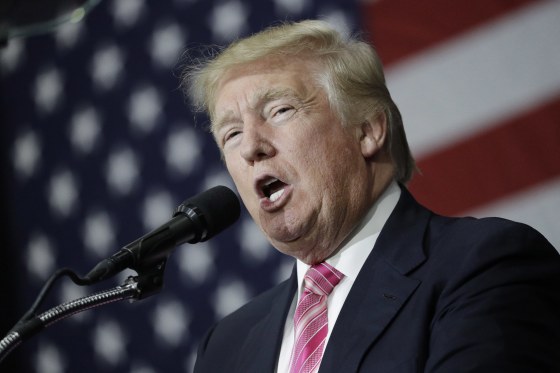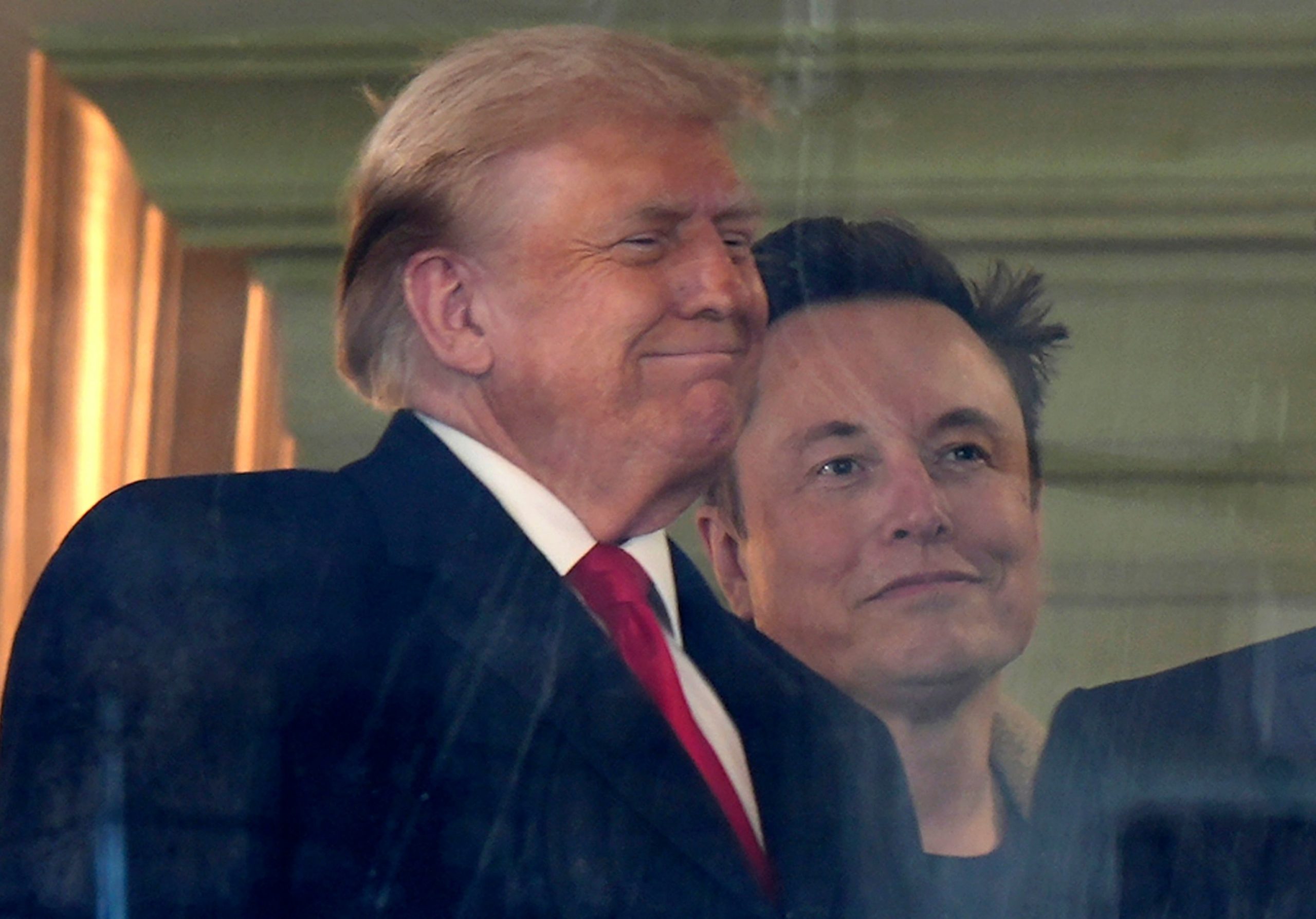Donald Trump and Elon Musk have publicly clashed over a major spending bill currently under debate in the U.S. Senate, with both high-profile figures using social media to argue over its scale and priorities.
On June 30, 2025, entrepreneur Elon Musk criticized the legislation—nearly 1,000 pages long—for its projected contribution to the national debt and for the level of spending it authorizes. According to Reuters, the U.S. national debt already exceeds $36 trillion, and the bill is projected to add an estimated $3.3 trillion over ten years if enacted in its current form.
The legislation includes funding for defense programs, such as a proposed “Golden Dome” missile defense system, significant tax cuts, and other spending initiatives that Republican lawmakers say are designed to strengthen the military, promote economic growth, and enhance border security.

Musk’s Criticism of the Bill
Musk, CEO of Tesla and SpaceX, took to X (formerly Twitter) to express opposition to the bill, specifically criticizing Republican lawmakers who support it despite previous commitments to reduce spending. In one of his posts, he warned that lawmakers who support the bill may face political consequences during upcoming primaries.
“Anyone who campaigned on reducing spending, but votes for this debt ceiling increase, will be highlighted in the next primary,” Musk posted, underscoring his stance on curbing government spending across the board.
His criticism aligns with his frequent calls for greater fiscal discipline. Musk has previously described himself as politically independent and has criticized spending from both major U.S. parties.
Trump’s Response on Truth Social
Former President Donald Trump, who is seeking the Republican nomination for the 2024 presidential election, responded directly to Musk’s criticism on Truth Social, his social media platform. Trump emphasized his opposition to federal electric vehicle (EV) mandates, which he said had been a consistent position during his campaigns.
“Elon Musk knew I was against the EV mandate long before he endorsed me,” Trump wrote, adding that while he sees value in electric vehicles, he opposes requirements that would force consumers to adopt them.
Trump also pointed to federal subsidies that have historically supported Musk’s businesses. According to Al Jazeera and other sources, Tesla has benefited from various government incentives over the years, including EV tax credits designed to promote clean energy adoption in the automotive sector.
Trump argued that without government support, Musk’s businesses might face significant challenges, suggesting that federal spending cuts should target subsidies for industries including aerospace and electric vehicles.

Broader Policy Differences
The public exchange between Musk and Trump highlights growing divisions within the Republican Party over fiscal policy and energy policy. While Trump has proposed tax cuts, military spending increases, and border security measures as priorities in the bill, Musk and other critics argue that the legislation represents unsustainable federal spending.
Reuters reports that the U.S. national debt has been a recurring point of debate in Congress. According to the Congressional Budget Office (CBO), the debt-to-GDP ratio is projected to continue rising without changes to current policy. Proponents of the bill argue that defense spending and tax cuts are necessary to address national security and economic challenges.
Opponents, including some fiscal conservatives, have raised concerns about the long-term impact on interest payments and the federal budget deficit.

Legislative Status
As of early July 2025, the bill remains under debate in the U.S. Senate, where it faces a complex amendment process and limited time for negotiations. The Senate rules allow for a 20-hour window for considering amendments, and passage requires navigating narrow vote margins.
If the bill passes the Senate, it will return to the House of Representatives for final approval. The legislation previously passed the House with a single-vote margin, indicating the level of partisan division surrounding its contents.
Congressional records show that similar spending bills have required substantial negotiation to reach compromise versions that can pass both chambers and be signed into law by the President.
Musk’s Broader Political Comments
Beyond criticizing the bill itself, Musk has suggested that the spending plan reflects deeper issues within the U.S. political system. In an exchange reported by The Guardian, he argued that the scale of the debt ceiling increase reflects the dominance of what he called a “one-party” approach to spending, hinting at his support for a new political party focused on fiscal restraint.
Such proposals have circulated before in U.S. politics but rarely gain traction given the entrenched two-party system. Political scientists note that third-party efforts often struggle with ballot access, fundraising, and media visibility. Musk’s comments, however, underscore the frustration some voters and public figures feel about rising federal debt and perceived bipartisan agreement on spending increases.

Trump’s Pitch to Voters
Meanwhile, Trump continues to advocate for the bill, highlighting what he calls its historic scale in tax cuts, defense spending, and border security. In a Truth Social post, he described the bill as potentially “the greatest and most important of its kind,” citing its provisions for military funding, veteran support, and economic stimulus.
Trump has argued that failure to pass the bill would risk major tax increases in the future. While these claims reflect partisan debate, nonpartisan budget analysts emphasize that projections about future tax rates depend on policy choices made in response to debt and deficit trends.

Broader Economic Context
The debate over the bill also takes place against the backdrop of rising interest payments on the national debt. According to the U.S. Treasury Department, interest costs on federal debt reached over $800 billion in 2024, making it one of the largest categories of federal spending. The Congressional Budget Office projects continued growth in these costs if borrowing continues at current rates.
Economists note that interest costs reduce budget flexibility for other priorities, including defense, social programs, and infrastructure. This dynamic has fueled repeated calls for deficit reduction, spending reforms, or new revenue measures, though consensus in Congress has remained elusive.

Conclusion
The public disagreement between Elon Musk and Donald Trump over the federal spending bill underscores deep divisions within the Republican Party about debt, deficits, and economic priorities.
As the Senate continues debate, the bill’s future remains uncertain, with both supporters and opponents making their case to the public and to their colleagues in Congress. While Trump emphasizes the bill’s benefits for defense, tax relief, and border security, Musk warns of its long-term fiscal consequences.
This debate is part of a broader national conversation about how to balance economic growth, national security, and fiscal responsibility at a time of historically high debt levels.
Sources and References:
-
Reuters, “U.S. National Debt Tops $36 Trillion” (2025)
-
U.S. Treasury Department, Monthly Statement (2024)
-
Congressional Budget Office (CBO) Budget and Economic Outlook (2025)
-
Al Jazeera reporting on Tesla subsidies (2025)
-
The Guardian coverage of Musk’s political comments (2025)
-
Official Truth Social posts by Donald Trump (2025)
-
Official X (formerly Twitter) posts by Elon Musk (2025)

